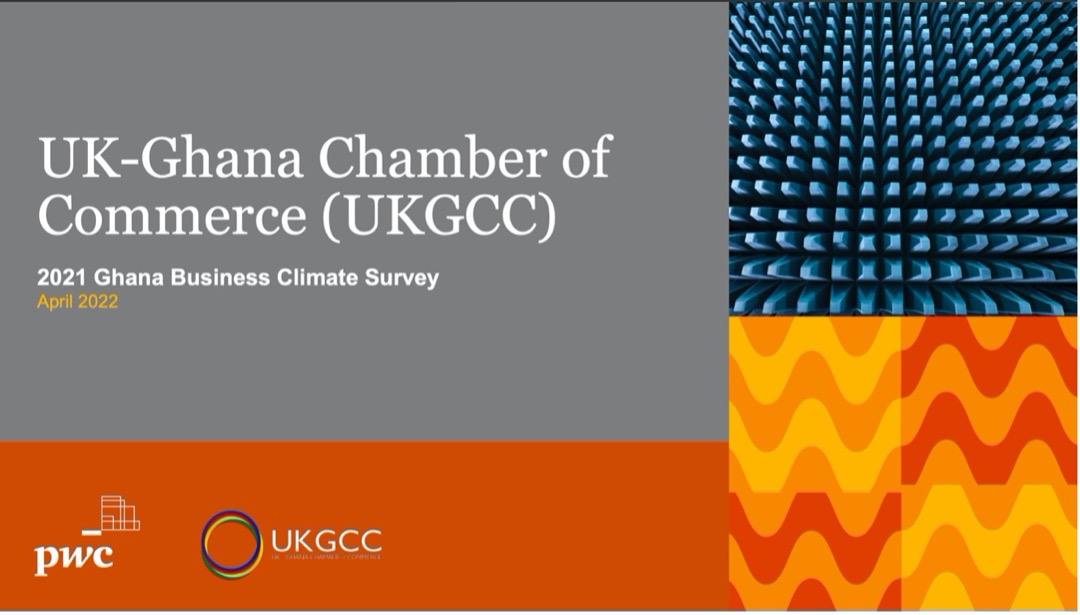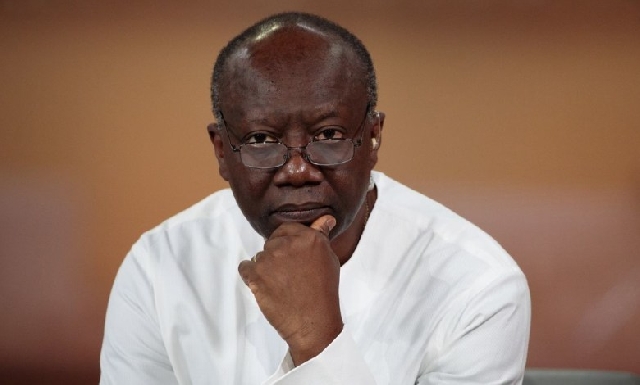SSNIT $66m OBS case: Accused to proceed to Court of Appeal

The trial of former Director-General (D-G) of Social Security and National Insurance Trust (SSNIT), Ernest Thompson and four others accused of causing financial loss to the Trust, has taken another twist.
The accused persons have indicated their opposition to a ruling by the trial Judge and served notice that they will proceed to file a stay of proceedings at the Court of Appeal.
This follows the refusal of the trial judge Justice J.Y.A. Kwofie (An Appeal Court Judge) sitting as a High Court Judge to admit a stay of proceedings filed by the first three accused persons.
The three accused persons were praying the Judge to let the Prosecution provide them with better and further particulars of the charges preferred against them pursuant to Article 19 of the 1992 constitution. Article 19 of the 1992 Constitution, states inter alia that an accused person must be informed in “detail” of the charges preferred against him or her.
Ruling of Court
The application was before his own court but the judge declined and ruled that Prosecution continues.
Argument of defence counsel
Counsel for the first three defendants, argued in turns that the trial Judge stays his proceedings because they had filed an appeal against his earlier ruling refusing their application to order the Prosecution to provide them further or more “details” on the various counts.
Counsel for the 1st accused quoted a case from European Court on Human Rights on the proper interpretation of the constitution on what constitutes “details” of a count.
He argued that it was obvious that in the previous case the Court of Appeal had wrongfully assumed the powers of interpreting the constitution, which is a right vested in the Supreme Court and hence the Trial Judge should not rely on same especially when it was one of the main grounds of appeal.
Counsel for 2nd and 3rd accused associated themselves with the arguments of Counsel for the 1staccused and gave examples of what constitutes special circumstances which warrants that the motion for stay of proceedings ought to be granted.
Arguments of prosecution
Counsel for the Prosecution argued against the grant of the order to stay proceedings on the grounds that the issues being raised had been decided upon in an earlier case already. It contended further that, accused were on bail and hence the continuation of the case will not affect them in anyway and they do not think the accused had shown any special circumstance to warrant a stay.
There was a virtual drama when the Prosecution among others, argued that the stay of proceedings should not be granted because the fourth and fifth accused did not file a stay of proceedings so granting a stay would lead to some form of confusion, since it will be in favour of only the three accused persons.
Counsel for fourth accused stood up to reply but the trial Judge indicated that he was going to write and even started writing his ruling.
This did not go down well with Counsel for 4th accused since he was of the view that even if he had not filed any process yet as Counsel representing an accused person and in line with human rights provisions, he should at least be heard and recorded.
Bone of contention
The trial judge did not agree with him, compelling counsel for 4th accused to urge the court to record him that he refused to listen to him on behalf of the 4th accused. The trial Judge did not oblige to go against his own ruling since court records are replete with cases where most judges are said not to be enthused about staying their own decisions pending the hearing of an appeal against the said ruling.
Parties therefore tend to repeat the same application to a higher Court such as the Court of Appeal or even all the way to the Supreme Court. The problem of the accused, according to their Counsel, is that it is difficult for the accused persons to know what particular equipment or combination of equipment and services the amounts mentioned in each of the counts refers to.
Their application is therefore to seek more information or specificity on what equipment each count relates to as different purchases of items and services in the SSNIT ICT project, may have taken place in a given period.
Difficulty
It had therefore been difficult for the three accused persons to give their lawyers specific briefings. It has also been difficult to get all the documents they requested from SSNIT, which gives them out in piece meal fashion and at times with no list attached.
According to some of their Counsel(s) they were therefore surprised to read in a section of the media that their clients wanted to rather halt their trial.
Certainly somebody does not understand “What a stay of proceedings pending appeal means” said one of the very senior and experienced defence lawyers at an after court briefing.
The SSNIT OBS project is a massive project spanning at least five (5) years before formal closure.
Even after the closure of a part of the project i.e. the biometric registration of members, old and new, the process was still on-going until SSNIT announced it has stopped registration due to the onset of the National Identification Authority’s planned biometric registration of all citizens of Ghana.
The SSNIT OBS project involves the procurement of a lot of equipment like high tech -servers, storage facilities, high-tech Scanners, printers, biometric registration machines camera, finger print scanners and kits and also implementation services, training, securitization and encryption of the data bases to avoid hacking and even signing of warranty and service level support agreements.
Source: The Punch





